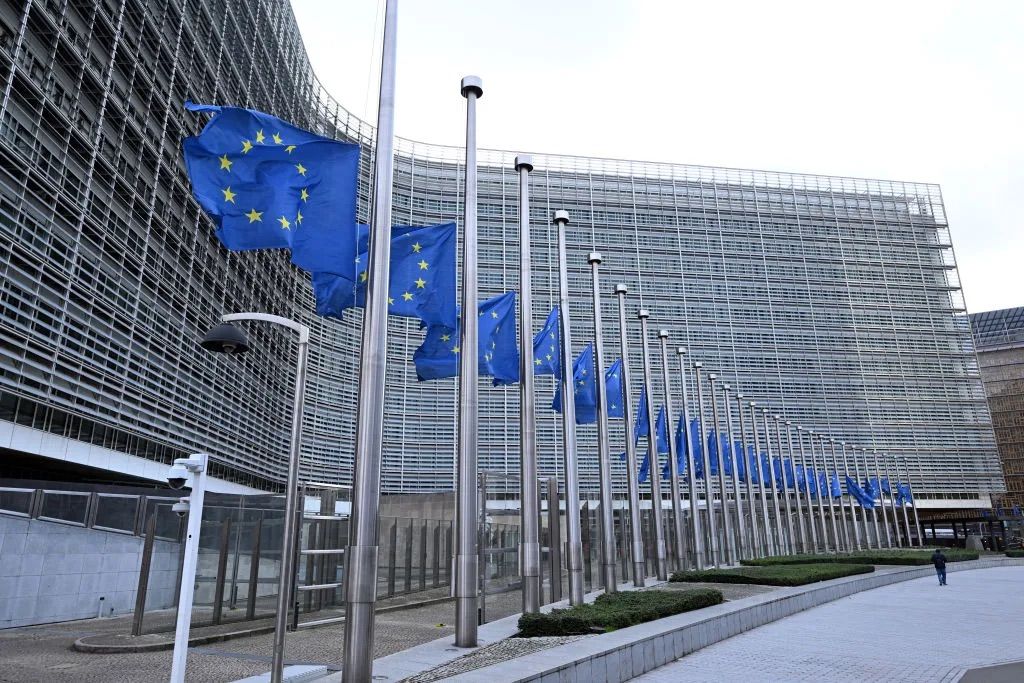The EU and NATO have condemned Russia for its “malicious cyber campaign” against Germany and Czechia. Germany accused Russian-backed hackers of targeting members of the German Social Democratic Party, while Czechia accused the same Russian-linked group of targeting Czech institutions. NATO expressed concern that the same threat actor had targeted other national entities across the Alliance. Russia’s military intelligence agency, GRU, has been linked to numerous cyberattacks in Ukraine and elsewhere, including a large-scale hacking attack against the Kyivstar telecommunications provider.
The Security Service of Ukraine (SBU) has identified a GRU-backed group called SandWorm as responsible for the Kyivstar cyberattack. Additionally, the U.K.’s National Cyber Security Center (NCSC) has accused a likely Russian-controlled hacking group called Star Blizzard of engaging in a multi-year campaign of cyber-attacks. These activities included phishing attacks on U.K. lawmakers, leaking secret U.K.-U.S. trade documents, and hacking into the accounts of institutions and individuals.
The European Council’s press service highlighted Russia’s continuous pattern of irresponsible behavior in cyberspace, targeting democratic institutions, government entities, and critical infrastructure providers across the EU. NATO strongly condemned malicious cyber activities aimed at undermining democratic institutions, national security, and free society. The UK also accused the Russian FSB of being involved in cyber-attacks, further escalating tensions between Russia and Western countries.
The public statements from the EU, NATO, and individual countries like Germany, Czechia, Ukraine, and the UK reflect growing concerns about Russian cyber activities and their impact on European and transatlantic security. The attribution of cyberattacks to Russian-backed groups like APT28 and Star Blizzard highlights the sophistication and persistence of these threat actors. The international community is increasingly recognizing the need to address cybersecurity threats collectively and hold perpetrators accountable.
The involvement of Russian military intelligence agencies like GRU and FSB in cyber operations indicates a coordinated and strategic approach to cyber warfare. These activities not only target specific countries and institutions but also have broader implications for regional and global security. The responses from EU, NATO, and individual countries demonstrate a united front against Russian cyber aggression and a commitment to enhancing cybersecurity resilience.
As the cyber threat landscape continues to evolve, cooperation among countries, international organizations, and private sector partners is essential to effectively address cyber challenges. By condemning Russia’s malicious cyber activities and attributing specific incidents to Russian-backed groups, the EU, NATO, and individual countries are signaling their determination to defend against cyber threats and uphold the rules-based international order. Support for independent journalism in Ukraine is crucial in raising awareness about cyber threats and advocating for a secure and stable digital environment.


